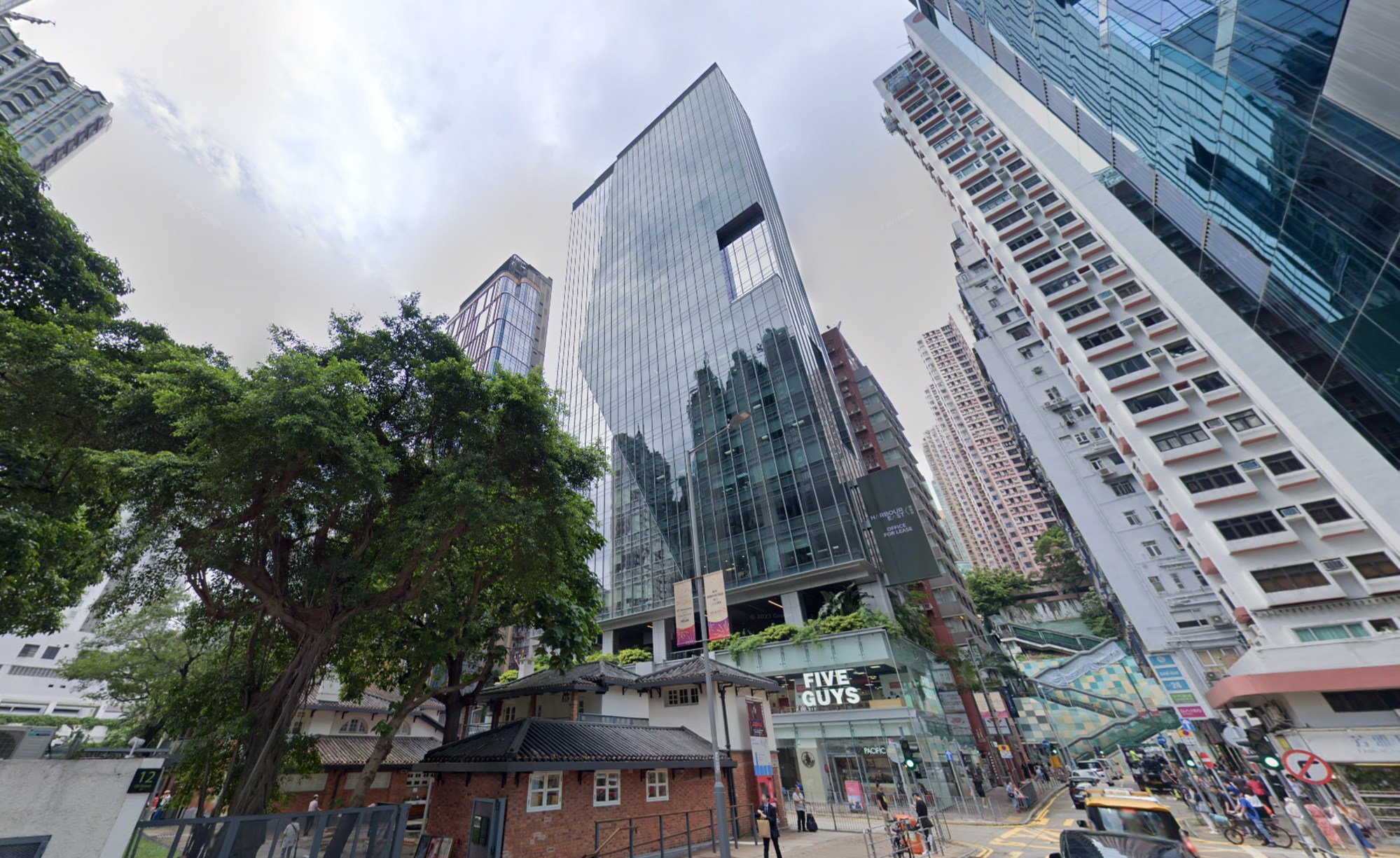[ad_1]
“The purchase of the property for use as Hong Kong headquarters of the group via the acquisition demonstrates the group’s confidence in its business prospects in Hong Kong and marks the implementation of its plan to strengthen its business development internationally,” the company said in a filing with the Hong Kong exchange late on Sunday.

“The board believes that the development potential of the group’s business in Hong Kong is substantial,” the filing said.
Li Ning’s purchase emerges amid declining office rents in one of the world’s priciest property markets.
Two creative ways for Hong Kong to keep its property market on an even keel
Two creative ways for Hong Kong to keep its property market on an even keel
In October, average monthly rent per square foot for Hong Kong offices declined by 0.5 per cent to HK$52.60 per square foot, according to property consultant JLL.
Although, overall vacancy rate dropped to 12.6 per cent from 12.7 per cent in September, those for office properties in certain Hong Kong Island neighbourhoods, like the Central district, edged up to 9.8 per cent from 9.6 per cent while those in the eastern part of the Hong Kong Island rose to 13.3 per cent from 13.1 per cent in the previous month, JLL said.
“This is good news for the capital markets as investors have been quiet for a while,” said Martin Wong, director and head of research and consultancy for Greater China at Knight Frank. “Given that the current interest rate is still at a high level, cash buyers would be more likely to make a move, especially on distressed assets.”
However, Li Ning’s optimism about its prospects in Hong Kong was not shared by the stock market, and its shares fell 15 per cent to HK$18.12 as of 11am. So far this year, the stock has fallen nearly 74 per cent as the company struggled with slowing sales.
“The performance of its shares had nothing to do with its purchase of a property in Hong Kong,” said Louis Tse Ming-kwong, managing director of brokerage Wealthy Securities. “It is a good time to buy a property to build their headquarters in Hong Kong. I would say it is because other mainland Chinese brands have become more competitive amid a slowing economy.”
Tse added that there was no “impetus” for consumers to buy Li Ning products.
“Li Ning has been trying to clear their inventory and they are reducing their prices but you cannot buy running shoes every day,” he said. “If you buy a pair of running shoes today, you will not be buying them again next month. I do not see any new sales strategy for the brand to get more market share.”
Last year, Li Ning leased a 7,000 sq ft shop on Canton Road for HK$2 million a month, which was billed as its first flagship store in Hong Kong.
[ad_2]
Source link
